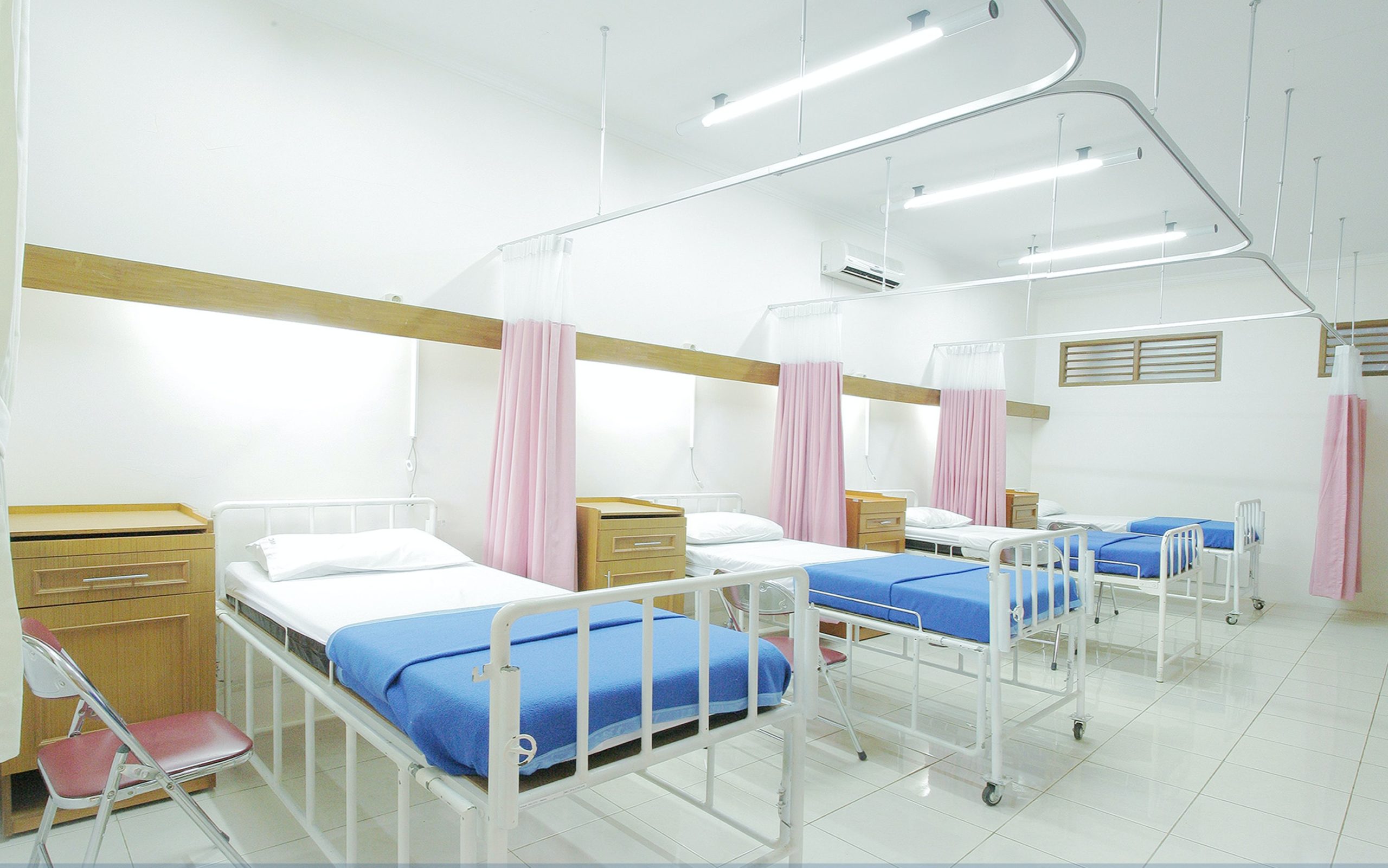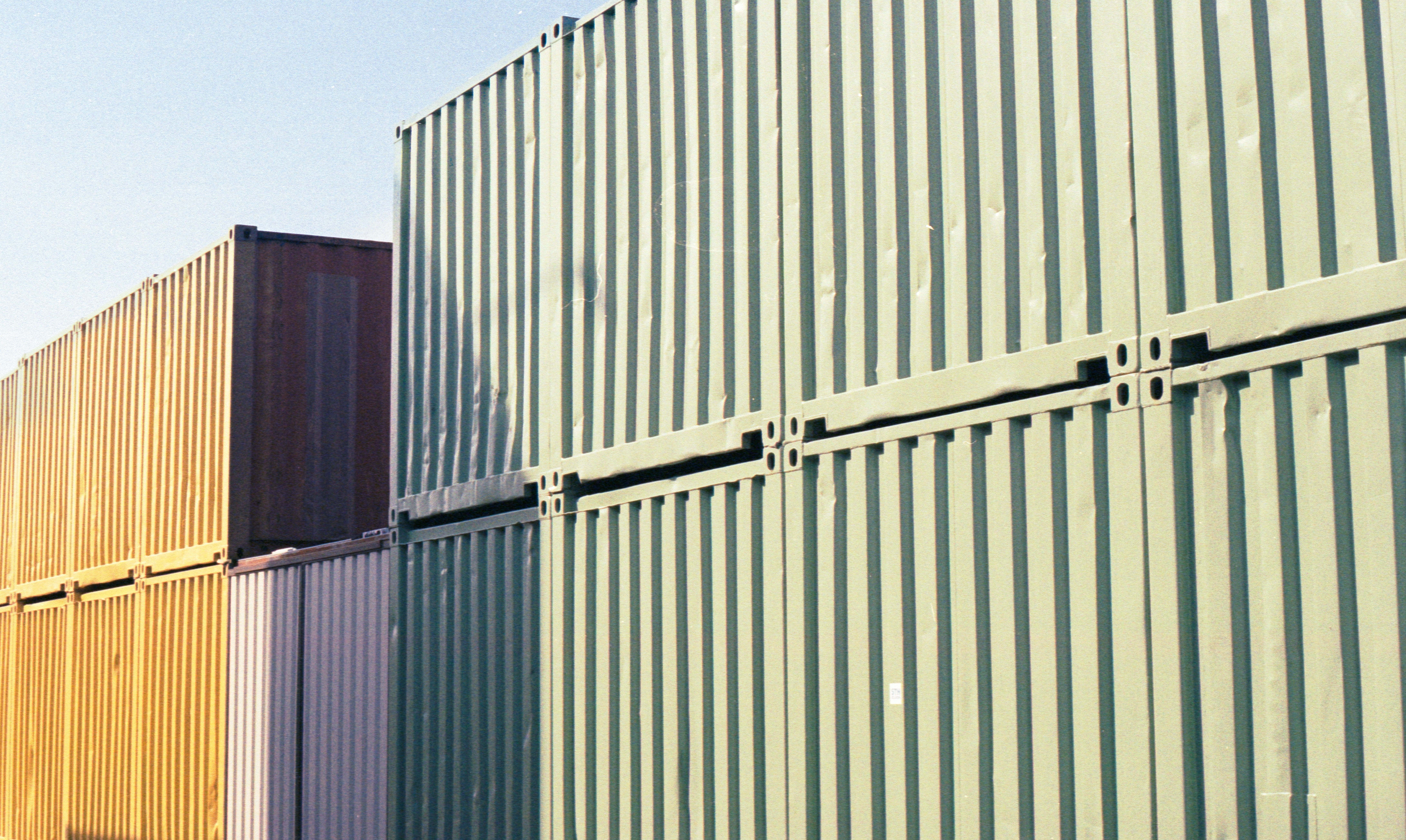Over the past few months, people from all corners of the world have had to adapt to new situations as they do their best to prevent the global pandemic from spreading further. In many cases, they have had to learn how to socially distance themselves. And in some cases, others have ultimately become essential workers, who are required to go out and risk potential contact to help society continue to function.
A number of construction workers have experienced both situations. But despite the difficulty that presents, it hasn’t stopped them from finding ways to help those affected by the crisis. An action we’d like to thank them for.
As part of our thanks, we here at Kryton decided to celebrate some of the most inspiring construction stories around the world. Join us as we recap some of the top constructive tales on how the construction industry has helped those affected by the pandemic.
American Construction Companies Team Up to Navigate COVID-19
To start, we want to congratulate the US’ construction companies and associations for their unity.
They could have chosen to remain divided in what is typically a very competitive industry. Especially now when many projects have been delayed. But in the face of the pandemic, they decided to team up instead. In fact, according to Construction Dive, the vice president of operations at Mortenson noted that “he’s seen contractors in his Minneapolis market collaborate like never before.” Many competing general contractors are now sharing more information with each other on best practices and solutions that can benefit construction as a whole.
The main sentiment shared by everyone in the industry there seems to be that “we’re all in this together.”
Even construction associations have been rapidly adapting this teamwork mindset. A great example of this is the Associated General Contractors of Washington State organization. Shortly after news that COVID-19 had hit America, the organization’s safety staff set up a number of safety guidelines for construction workers and jobsites.
The New York chapter of the Associated General Contractors organization followed suit once COVID-19 reached their state, creating an in-depth webinar to prepare members.
Similarly, other organizations like the Associated Builders and Contractors have gone on to help their members prepare by educating them about federal assistance from the Paycheck Protection Program and the CARES Act.
All of which shows an incredible determination from the US’ construction industry to stay as safe and as productive as possible.
Latin America’s Concrete Companies Help Keep Public Spaces Clean
Of course, the US’ construction industry wasn’t the only one being proactive against the pandemic. Latin America’s industry joined in as well. After all, many concrete companies within the industry in both Central America and South America were eager to assist their communities in a number of ways.
One particular innovative show of support came from CEMEX Panamá and CEMEX Colombia. They wanted to help with public space cleaning operations to prevent the spread of COVID-19. So they came up with a way to easily transport and spread soap and water to various public spaces with their concrete mixer trucks.
They were able to service many locations, but one of the first to receive assistance was a fairground that was soon going to become a temporary hospital.
And it wasn’t long before other Latin American companies showed the same support through the Colombian Association of Concrete Producers.
Canadian Consulting Engineers Temporarily Expand Hospital Space
Meanwhile, in Canada, the consulting engineering community has made their own quick response to the pandemic. The best example of this is in Burlington, Ontario. There, The HIDI Group, a consulting engineering firm, has helped design a system for a temporary on-site pandemic response unit.
Under the direction of the general contracting company BLT Construction Services, the system and the unit itself is set to help expand the capacity of Joseph Brant Hospital.
Not long after, the team went on to do the same for Mississauga Hospital. As a result, they gave those hospitals the extra capacity to handle the potential rise in patients from the pandemic.
Elsewhere, in Edmonton, Alberta, the consulting engineering firm Stantec collaborated with companies Sprung Structures and CANA Construction. They did so to design the first temporary COVID-19 treatment center in Alberta. This center will give the province extra space for 70 patients within 80,000 additional square feet at Calgary’s Peter Lougheed Centre.
The emergence of all this newly designed extra hospital space is a great sign that Canada’s construction industry is willing to react quickly to the pandemic, giving Canadians the chance to avoid the worst of COVID-19.
Architect Carlo Ratti Transforms Shipping Containers into Care Units
For a more unique approach to expanding hospitals, the firm of the well-known Italian architect Carlo Ratti is working with an international team of experts in Milan, Italy, to transform shipping containers into intensive care units with an open-source design. That way, countries from all over the world can benefit from the design. And in turn, they’d have access to extremely versatile emergency care units.
For example, each unit would be a 20-foot container. Inside, they would have all the medical equipment needed for two COVID-19 patients in intensive care. They could act as an independent field hospital if necessary. Or they could rest close to a hospital to expand its capacity.
In either case, the unit is meant to be an easy-to-set-up solution that is, as ArchDaily notes, “rapidly mounted, easily moveable, and safe.” And soon, it could be helping countries around the world fight back against the spread of the pandemic.
Japanese Manufacturer Plans to Convert Filters into Face Masks
As part of the wave of innovation we’re seeing in this pandemic, Yamashin-Filter has decided to convert their filters for construction machinery into high-performance face masks. According to the journal Nikkei Asian Review, these face masks are designed to be replaceable and are able to trap airborne particles.
Essentially, they would benefit from the technology used in Yamashin-Filter’s hydraulic filters. As the journal points out, this technology has “[sprayed] melted resin on to fibers to create a filter mesh with hard-to-penetrate gaps measured at nanometer levels.” This allows the filter to block at least 98% of any airborne particles that measure around 0.3 μm. And it lasts for up to 24 hours at that ability. After that, it will still be able to block around 90% of the particles. So it will last longer than even the highly sought-after N95 face masks.
Of course, this is only part of the many innovative and protective measures the construction industry has taken throughout the world. It’s a great reminder that no matter the dilemma, there are always bright minds in construction who are willing and able to help.









